Health Problems of U.S. Presidents


John F. Kennedy
No. 35 (1961-1963) Kennedy had many illnesses as a child, including scarlet fever, diphtheria, and asthma. But his most serious health problem was Addison's disease, a life-threatening condition in which your immune system attacks your adrenal glands and they don't make enough hormones. When he was diagnosed around age 30, his doctor gave him less than a year to live. He took steroids regularly as treatment until he was killed 15 years later in 1963.
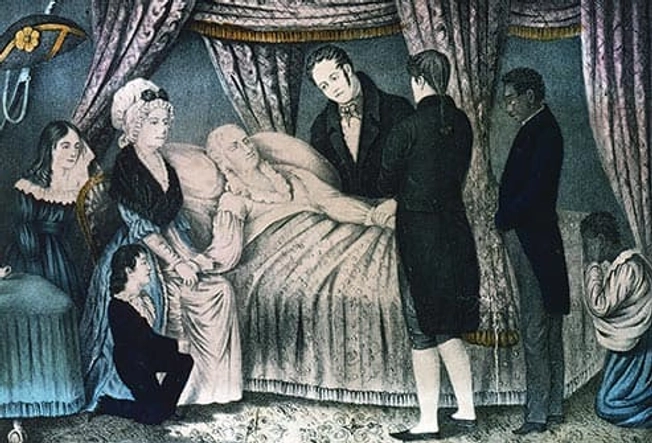
George Washington
No. 1 (1789-1797) Two years after leaving office, when Washington was 67 and otherwise healthy, he woke in the night with a sore throat and trouble breathing. As treatment, his doctors took more than a half-gallon of blood from him during four "bleedings." This was standard at the time, but it definitely didn't work. He got much worse and died less than 24 hours later. Medical experts think he may have had a severe infection of the larynx (voice box).
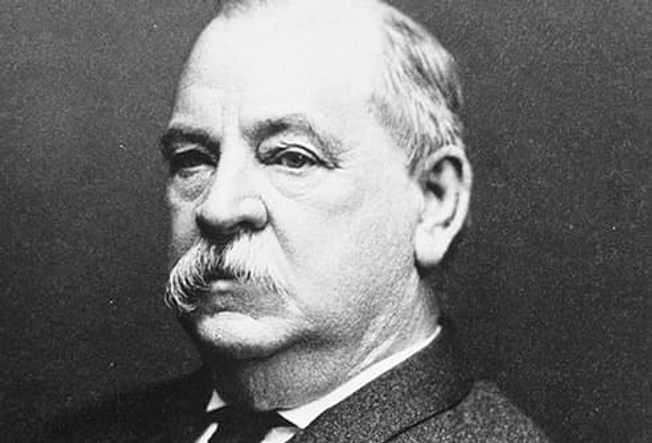
Grover Cleveland
No. 22 (1885-1889), No. 24 (1893-1897) In May 1893, in a cover-up that's hard to imagine in today's 24-hour news cycle, doctors secretly boarded Cleveland's personal yacht and removed a cancerous growth from the roof of his mouth. The operation was a success. He lived another 15 years and died of a heart attack in 1908 at the age of 71.
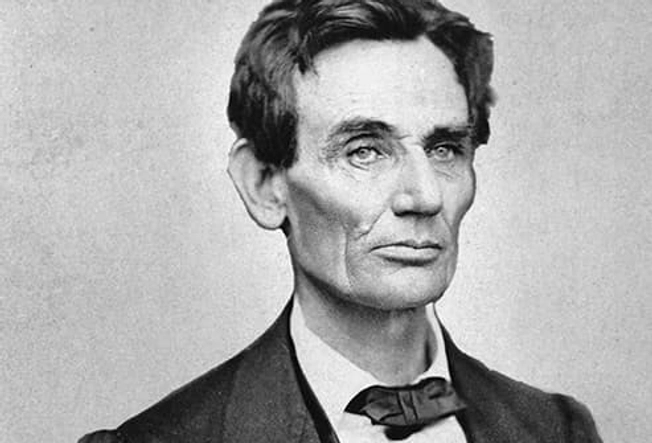
Abraham Lincoln
No. 16 (1861-1865) Researchers have debated the reason for Lincoln's unusually long, thin hands, feet, face, and neck for decades. One newer theory is that he may have inherited a condition from his mother called multiple endocrine neoplasia type 2. It affects the glands that make hormones and can cause problems with your muscles, joints, and digestive system. It also can cause cancer. We may never know for sure. Lincoln was assassinated in 1865.
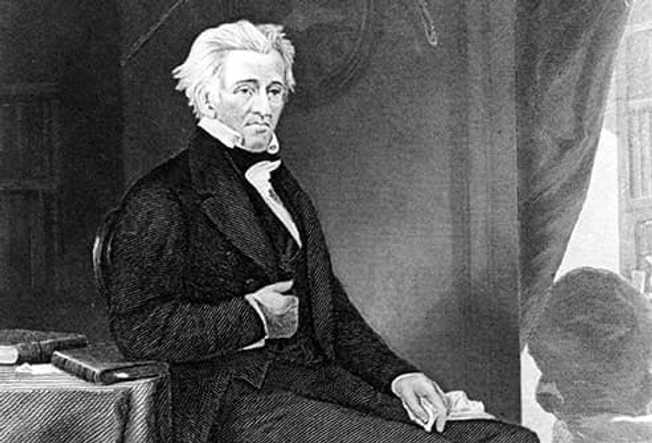
Andrew Jackson
No. 7 (1829-1837) This hot-headed president was involved in many duels and battles during his life and was generally in poor health. In 1832, a bullet left in Jackson's arm from a gunfight 20 years earlier began to cause him intense pain. Jackson gritted his teeth as the surgeon made a cut, squeezed his arm, and popped the bullet out. His overall health improved afterward, leading his doctor to believe the bullet may have been causing lead poisoning.
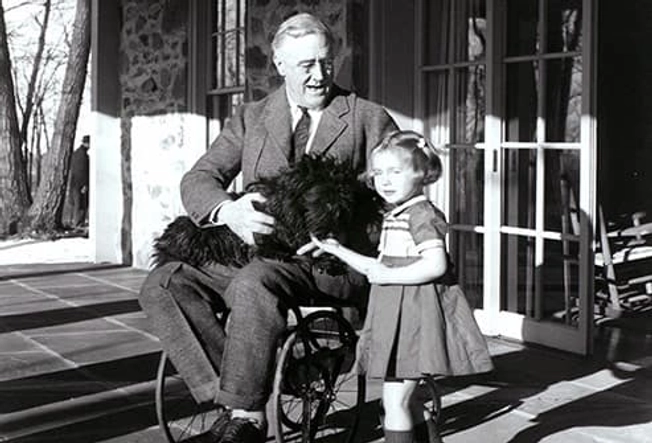
Franklin D. Roosevelt
No. 32 (1933-1945) The Secret Service went to great lengths to hide it, but Roosevelt was paralyzed in both legs after he got polio in 1921 at age 39 -- well before he became president. His wife Eleanor said the disease was a blessing in disguise because it "gave him strength and courage he had not had before."

Ronald Reagan
No. 40 (1981-1989) During his second term, Reagan was successfully treated for colon cancer (1985) and skin cancer (1985 and 1987). Following his presidency -- after he'd been out of office about 5 years -- he was diagnosed with Alzheimer's disease (1994). He died in 2004 with the official causes listed as Alzheimer's and pneumonia, a common health problem for people with that form of dementia.
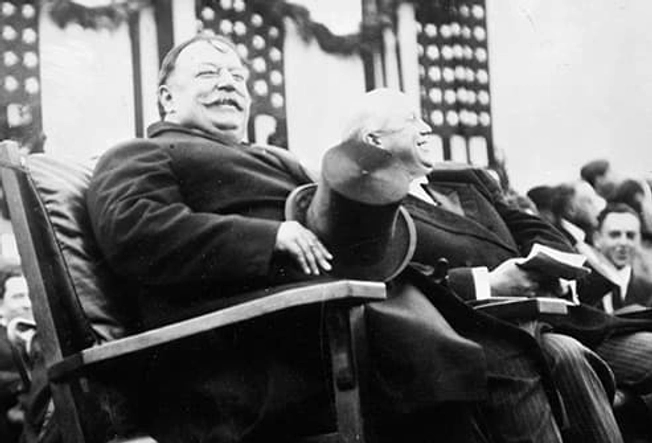
William Taft
No. 27 (1909-1913) This president struggled with his weight throughout his life. He had a huge appetite and was clinically obese. At just under 6 feet tall, Taft weighed about 340 pounds when he left office. He had sleep apnea, among other conditions that may have been caused or made worse by his weight. He died of complications related to heart disease, high blood pressure, and bladder inflammation in 1930.